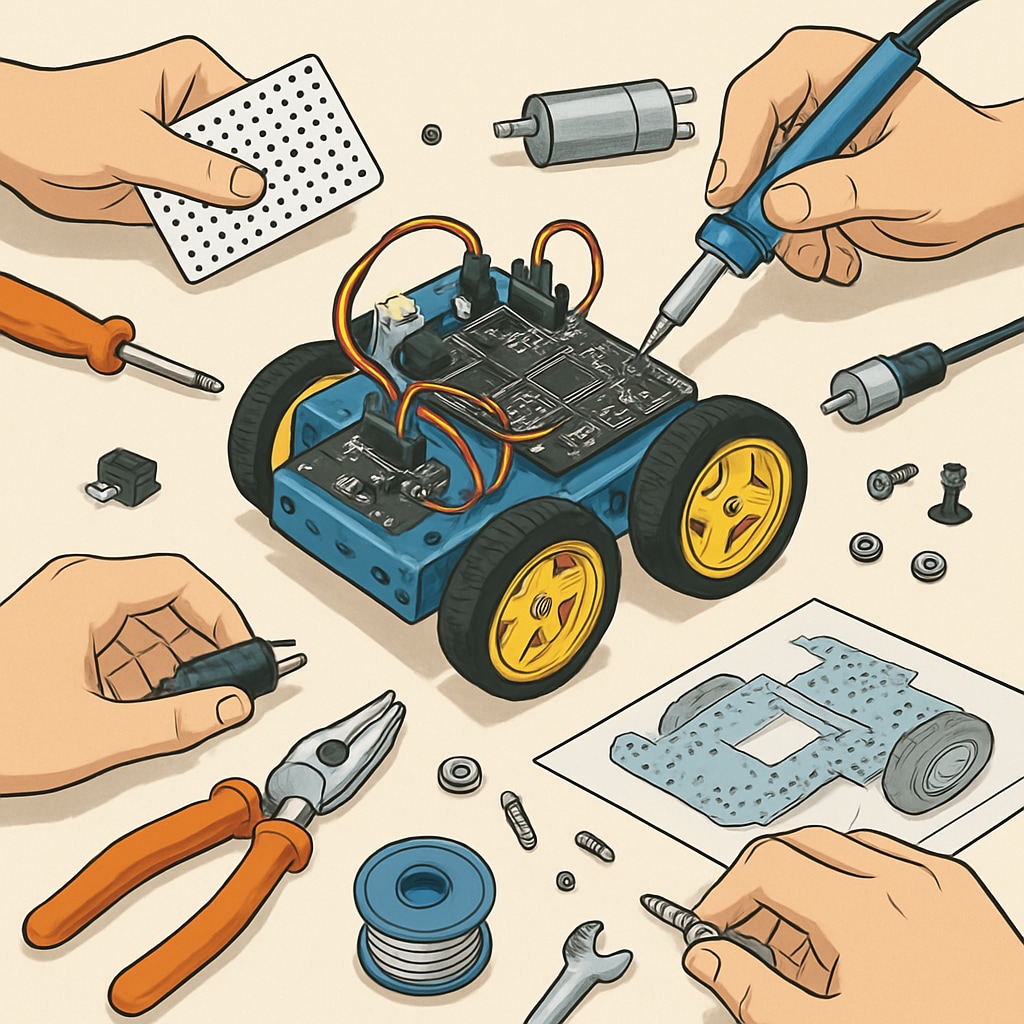Teenagers facing academic struggles, unhealthy lifestyles, and lack of motivation often leave parents and educators searching for answers. Understanding the connection between family education practices, teenage development, and individual needs can help redirect their paths toward success. This article explores practical solutions to rebuild learning interest, improve habits, and cultivate autonomy in teens.
Understanding the Impact of Over-Intervention in Family Education
One common mistake in family education is excessive parental intervention. While parents may have good intentions, micromanaging a teenager’s academic life often leads to dependency and resistance. For example, constantly reminding them to study or completing tasks on their behalf can hinder their ability to develop responsibility and decision-making skills.
In addition, over-intervention can create stress and resentment, pushing teenagers further away from learning. According to research from Wikipedia’s Helicopter Parenting article, such behavior can negatively impact psychological well-being and self-esteem. Instead, parents should focus on empowering teens to take ownership of their education.

Fostering Intrinsic Motivation Through Interest-Based Learning
Teenagers are more likely to engage in learning when it aligns with their interests. Rather than enforcing rigid academic schedules, parents and educators can identify subjects or hobbies that spark curiosity. For example, a teenager passionate about technology could explore coding or robotics, while one interested in art could create projects tied to their school curriculum.
Interest-based learning is an effective way to nurture intrinsic motivation. Britannica’s entry on motivation highlights how internal drives often lead to higher engagement and long-term commitment. By incorporating these interests into daily routines, teenagers can rediscover the joy of learning.
Practical steps include:
- Encouraging participation in clubs or extracurricular activities related to their passions.
- Allowing flexibility in study methods, such as using educational videos or hands-on experiments.
- Setting achievable goals that connect their interests to academic progress.

Improving Lifestyle Habits to Support Learning
An unhealthy lifestyle can exacerbate academic struggles. Poor sleep, lack of exercise, and an unbalanced diet often affect concentration, energy levels, and overall mood. Building healthy habits is essential to supporting learning and development.
Parents and educators can guide teenagers toward better routines by modeling and encouraging positive behaviors. For example:
- Establishing consistent sleep schedules to enhance cognitive function.
- Promoting physical activity through sports or daily walks to reduce stress.
- Introducing nutritious meals and reducing junk food consumption to improve energy.
Small changes can make a significant difference. As a result, teenagers may find it easier to stay focused and motivated in school while developing resilience in other areas of life.
Building Autonomy and Resilience in Teens
Ultimately, the goal is to help teenagers become independent learners who can overcome challenges on their own. Building autonomy requires a balance between guidance and freedom. Parents and educators can foster resilience by teaching problem-solving skills, offering constructive feedback, and encouraging reflection.
Here are some actionable ways to build autonomy in teens:
- Encourage self-assessment by asking them to identify strengths and areas for improvement.
- Allow them to make choices in their academic and extracurricular activities.
- Provide resources and tools, such as time-management apps, to support independence.
When teenagers learn to trust their abilities and take responsibility for their actions, they are more likely to succeed academically and personally.
Helping teenagers overcome academic struggles, build healthy habits, and develop intrinsic motivation requires patience and a well-rounded approach. By reducing over-intervention, fostering interest-based learning, and improving lifestyle choices, parents and educators can guide teenagers toward independence and resilience. These strategies not only address immediate challenges but also lay the foundation for lifelong success.
Readability guidance: Use short paragraphs and lists to summarize key points. Include transition words to maintain flow and limit passive voice usage. Distribute keywords evenly throughout the article while maintaining natural language.


